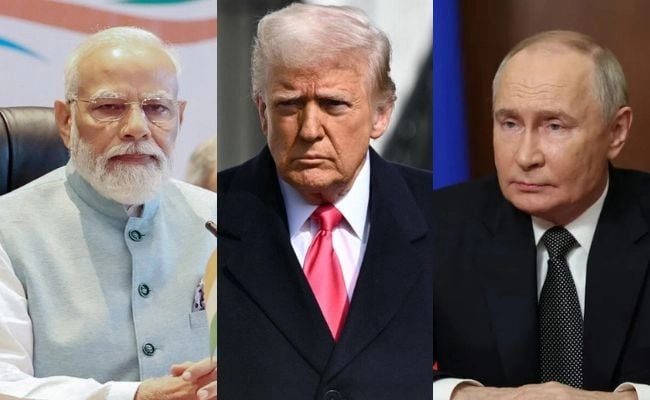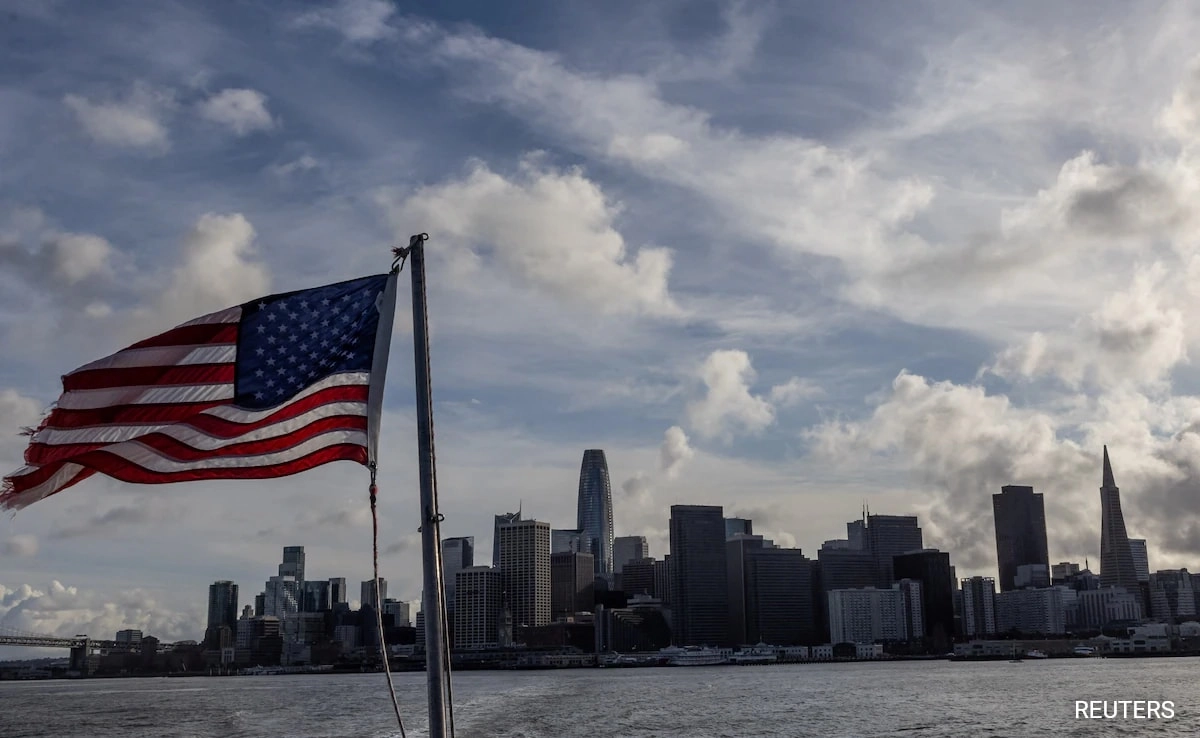India has emerged as the fifth-largest economy in the world, a remarkable achievement that underscores its growing influence on the global stage. Canadian Prime Minister Justin Trudeau recently emphasized that India’s participation in the G7 makes perfect sense, given its expanding economic stature and role in international affairs. This acknowledgment reflects a broader recognition of India’s potential to contribute significantly to global economic discussions and collaborative efforts that address pressing global challenges.
As the world grapples with various challenges such as climate change, health crises, and economic instability, India’s involvement in platforms like the G7 can enhance collective decision-making. The country’s diverse economy, encompassing agriculture, technology, and manufacturing, positions it as a vital player in shaping solutions that benefit not only its citizens but also the global community. Trudeau’s remarks highlight the importance of including emerging economies in dialogues that influence global governance and economic policy.
Moreover, India’s growing economy is not just about numbers; it represents a shift in global power dynamics. The inclusion of India in discussions at the G7 underscores the necessity of adapting to a multipolar world where traditional powers share the stage with rising nations. This shift can lead to more balanced and inclusive international policies that reflect the interests and aspirations of a broader spectrum of countries. As India continues to grow, its voice and perspectives will be crucial in addressing issues that affect not only its own population but also the international community at large.
The recognition of India’s economic prowess by leaders like Trudeau suggests a commitment to fostering stronger ties between Canada and India, as well as with other G7 nations. Collaborative efforts in trade, technology, and sustainable development can pave the way for mutual growth and innovation. In this context, India’s presence at the G7 is not merely symbolic; it represents a strategic opportunity for nations to work together in navigating the complexities of the modern world. As countries increasingly realize the importance of inclusivity in global governance, India’s role is set to become more prominent, reinforcing the idea that collective action is essential for tackling the challenges of the 21st century.




